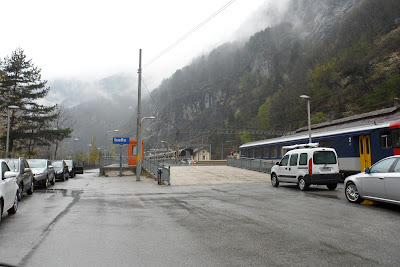From the preface, written in 1960, by Donald Justice: The poetry of Kees makes its deepest impression when read as a body of work rather than a collection of isolated moments of brilliance. This may account in part for the neglect from which it has suffered. Though a number of the poems are brilliant and many are moving, no single poem perhaps is flawless. IMHO, perhaps especially in the realm of poetry, flawless can only be a subjective term. That said, here comes a shorter one (these days my preferred length) that is nearly so: LAND'S END A day all blue and white, and we Came out of woods to sand And snow-capped waves. The sea Rose with us as we walked, the land Built dunes, a lighthouse, and a sky of gulls. Here where I built my life ten years ago, The day breaks gray and cold; And brown surf, muddying the shore, Deposits fish-heads, sewage, rusted tin. Children and men break bottles on the stones. Beyond the lighthouse, black against the sky, Two gulls are

